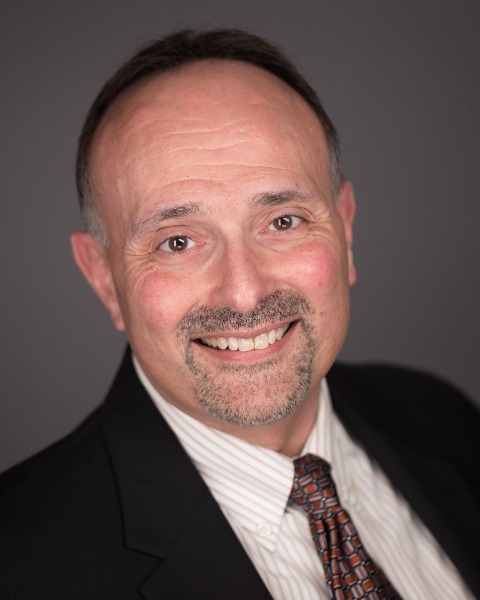"It's (Medically) Complicated!": Pain Management & Essential Pharmacology for Treating Medically Complex Dental Patients Part 2
Friday, June 16, 2023
4:00 PM - 6:00 PM PST
Location: Tahoma 3
CE Credits: 2
Primary Audience(s): Dentist
Additional Audience(s): Hygienist, EFDA/Dental Assistant, Front Office
Additional Audience(s): Hygienist, EFDA/Dental Assistant, Front Office
Dental professionals must frequently draw upon their knowledge of pharmacology for optimal care of today’s medically complex dental patients. However, pharmacology often represents only a small portion of most dental degree programs. Armed with relatively brief exposure to this vast subject, many dental professionals simply cannot keep up with the latest trends in disease state management.
This comprehensive program explores the dental implications of prescription medications, non-prescription medications, herbal products, nutritional supplements, and substances of abuse most frequently used by patients. Participants receive this essential information in a format that is not only practical and applicable but also highly entertaining for the entire dental team.
This continuing education activity has been planned and implemented in accordance with the standards of the ADA Continuing Education Recognition Program (ADA CERP) through joint efforts between the University of Washington and the Pacific Northwest Dental Conference.
The University of Washington is an ADA CERP Recognized Provider.
ADA CERP is a service of the American Dental Association to assist dental professionals in identifying quality providers of continuing dental education. ADA CERP does not approve or endorse individual courses or instructors, nor does it imply acceptance of credit hours by boards of dentistry.
Concerns or complaints about a CE provider may be directed to the provider or to the Commission for Continuing Education Provider Recognition at CCEPR.ADA.org.
This comprehensive program explores the dental implications of prescription medications, non-prescription medications, herbal products, nutritional supplements, and substances of abuse most frequently used by patients. Participants receive this essential information in a format that is not only practical and applicable but also highly entertaining for the entire dental team.
This continuing education activity has been planned and implemented in accordance with the standards of the ADA Continuing Education Recognition Program (ADA CERP) through joint efforts between the University of Washington and the Pacific Northwest Dental Conference.
The University of Washington is an ADA CERP Recognized Provider.
ADA CERP is a service of the American Dental Association to assist dental professionals in identifying quality providers of continuing dental education. ADA CERP does not approve or endorse individual courses or instructors, nor does it imply acceptance of credit hours by boards of dentistry.
Concerns or complaints about a CE provider may be directed to the provider or to the Commission for Continuing Education Provider Recognition at CCEPR.ADA.org.
Learning Objectives:
- Identify the prescription medications most frequently encountered on a patient’s medical history and discuss their indications for use, adverse reactions and impact on dental therapy.
- Discuss the non-prescription medications most often used by dental patients and explain their impact on dental therapy, including situations which preclude their use.
- Explore the most popular herbal products and nutritional supplements and discuss their purported uses and dental considerations.
- Know the most common substances of abuse and describe their oral manifestations and dental treatment considerations.
- Discuss best practices for prescribing opioid analgesics as part of an individualized patient pain management plan.

.png)
.png)
.png)
.png)
.png)
